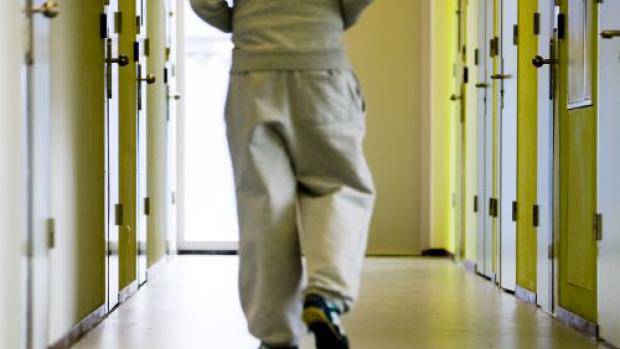In Leeuwarden has a man a woman beaten to death with a bottle. The suspect is a friend of justice: it is ex-tbs'er Udo D. Authorities did not release him actually, but could not stop him. What is TBS and exactly how often former forensic psychiatric another mistake?
 1. Who gets TBS?
1. Who gets TBS?
Criminals with a mental disorder. The court imposes provision, known as TBS, in a judgment on.During a trial, the judge and the prosecutor examined a suspect in a suspected disorder. Then the suspect in custody where it is examined. If the psychiatrist determines that the suspect psychic is indeed not in order, the court may impose TBS. Then the disorder must have led to the crime and there must be risk of recurrence, can be read on the site of the Van Mesdag Clinic, treatment for forensic psychiatric patients. On the offense must be a sentence of at least four years.
Criminals who are avoiding TBS, often refuse to cooperate with the investigation. However, a psychiatrist in most cases can still make a report for the judge, the criminal file and the observation often provide enough information.
2. How does treatment work?
TBS is always levied in combination with compulsory treatment. That means that the patient is admitted to a closed forensic psychiatric center (FPC). Nursing is required: to make society safer, because the convict is in an institution.
The treatment in a psychiatric center is not required, a patient can refuse. The goal of treatment is to reduce the chance that a person commits the same crime again (relapse). If someone does not want to participate in his treatment will not reduce the risk of recidivism. TBS may be lifelong.
During treatment, it is important that a convict insight into his problems and what the implications will be for others. A tbs'er learns differently to deal with situations. A tbs'er must learn to live independently outside the institution and that they no longer fall back into risky behavior. It also means that a patient takes responsibility for his or her behavior.
3. How long does TBS?
TBS is imposed each time for two years. At the end of that period, practitioners advise the judge on extending TBS or not. That advice is always based on the risk of recidivism.
If the treatment does not have the desired effect, or if the patient refuses treatment, TBS can always be extended. TBS can take as life, in 2013 were 185 untreatable forensic psychiatric patients in a so-called long-stay ward. Tbs'er average is a 9.5-year period.
4. How often do go ex-forensic psychiatric another mistake?
According to the latest figures from the Research and Documentation Centre of the Ministry of Justice is between 20 and 27 percent of released forensic psychiatric patients within two years again in trouble with the law because they have committed a crime. At 16 to 24 percent, it is a crime with a maximum penalty of four years at 4 to 8 percent for a very serious offense which eight years or more. According to the WODC, in recent years a slight increase in recidivism.
Under former detainees who have not had TBS recidivism is also far higher: 47 percent of them are within two years again in error.
5. How could Udo D. nevertheless be released?
D. was convicted in 2006 for threats of murder. In addition, he was sentenced to TBS. In 2012, TBS was extended, but there was D. appealed. The court stated D. in the same. The court relied on a ruling by the European Court, which states that TBS only in certain circumstances may be renewed indefinitely. D., who had not committed a violent offense (he had only threatened with it) was true that he could get TBS than four years. That while his therapists and mental health Friesland did not want to let him go.
© Yahoo! News

Reactie plaatsen
Reacties